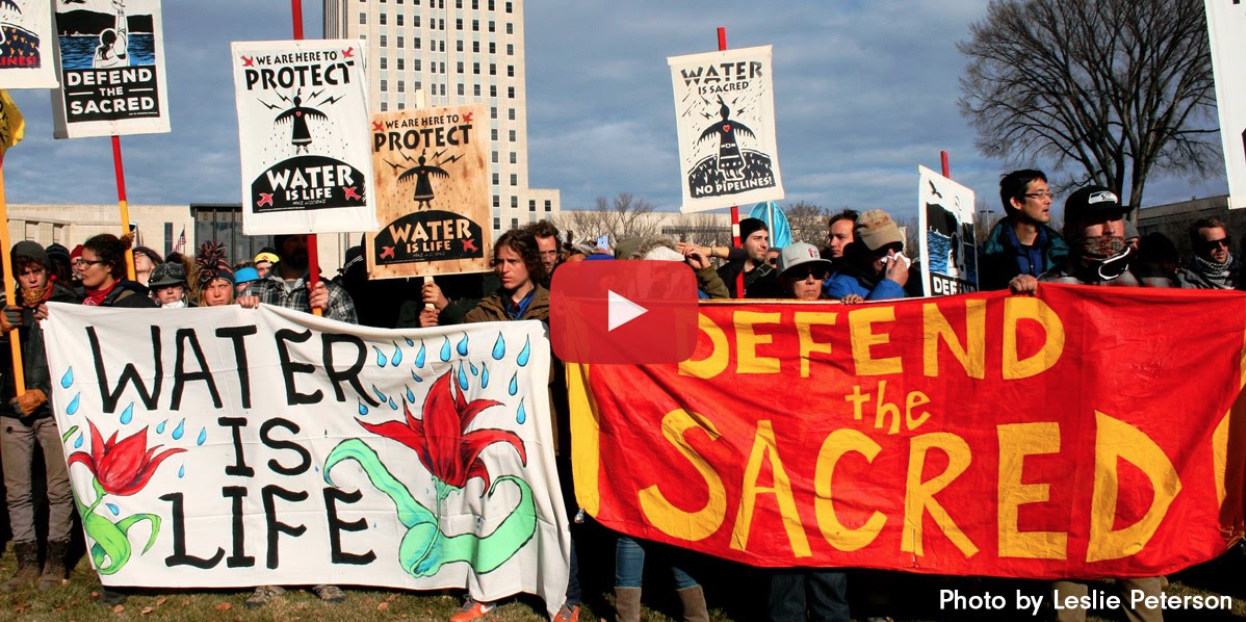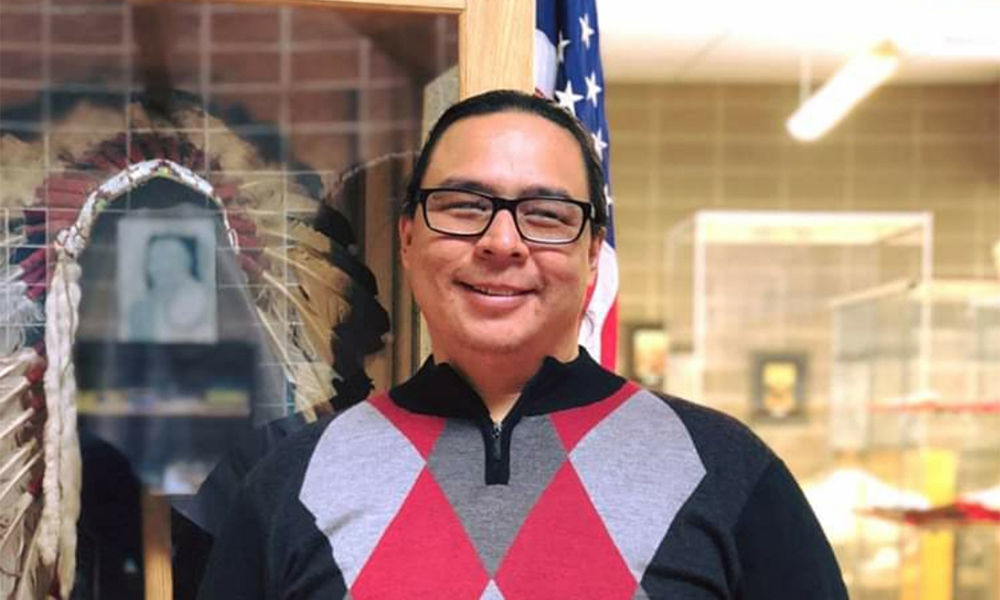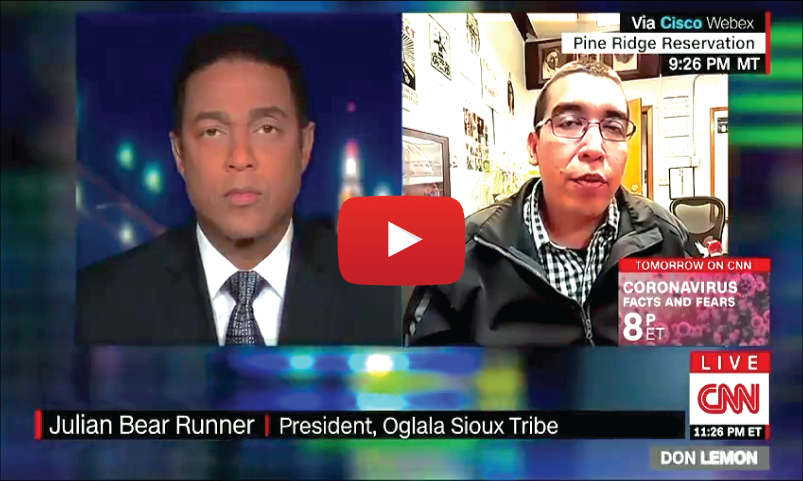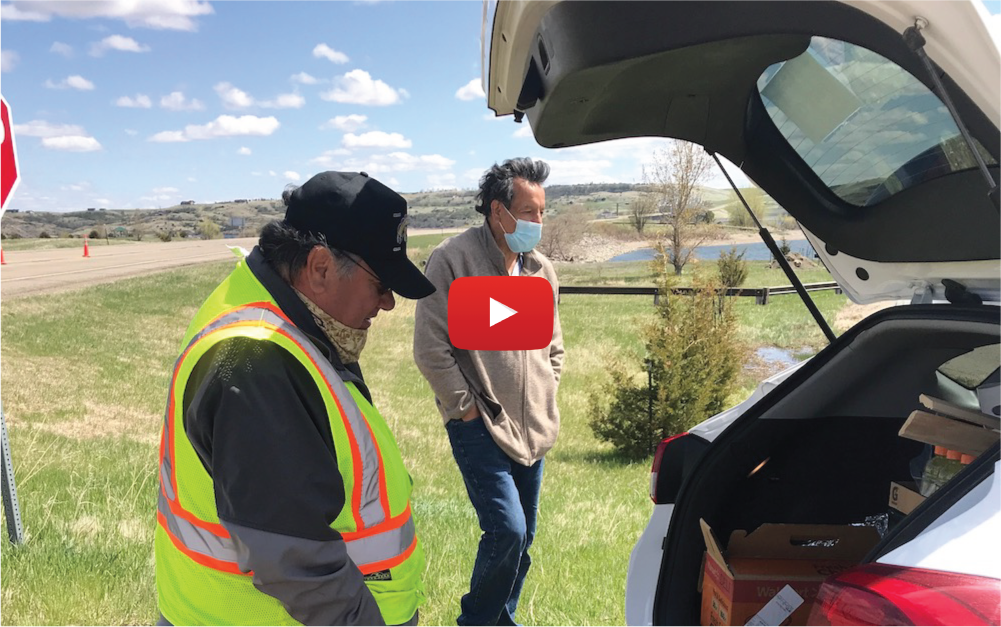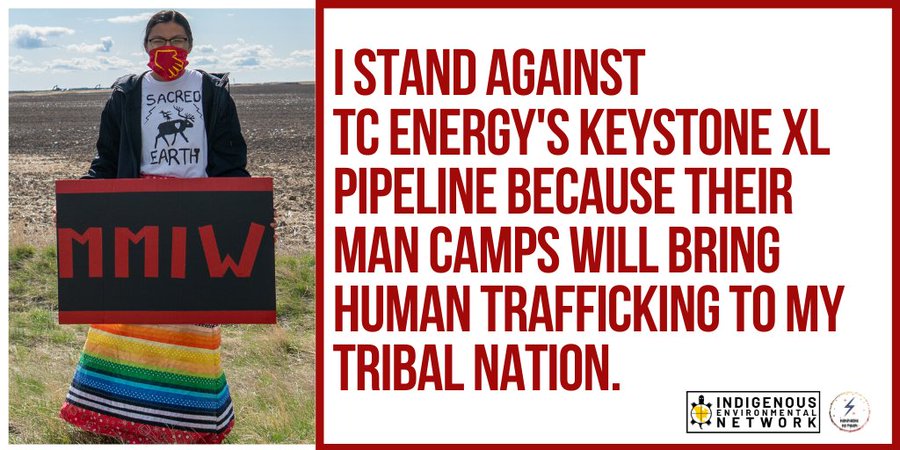Joaqlin Estus
Indian Country Today
When the Hopi village of Bacavi had its first positive COVID-19 diagnosis in early April, the decision to close its doors to nonresidents was slowed by poor internet access.
Stay-at-home orders prohibited meetings in the Arizona community, so tribal leaders had to make decisions about closures via phone calls, said Bacavi resident Barbara Poley, Laguna and Hopi.
“Zoom would have really helped,” she said. “But the [village] governor could not receive my information because her internet service was not working.”
The communications hurdles on the rural Hopi reservation are all too common in Indian Country. The Federal Communications Commission estimates approximately a third of those living on tribal lands lack access to high-speed internet, though others say the figure is far higher.
Advocates say the problem is more urgent than ever with people lacking access to everything from public health information and telemedical services to educational and employment services during a pandemic.
“At no other time in history has robust and universal broadband been more important to the most vulnerable among us,” according to the Congressional Native American Caucus, led by U.S. Reps. Deb Halland, (D-NM) and Tom Cole (R-OK).
Monday, the caucus wrote to the Federal Communications Commission asking for a quick fix by authorizing use of frequencies that cover larger areas but carry less signal than others.
It asked the agency to authorize temporary use of available 2.5 GHz spectrum and other efficient, available and cost-effective spectrum on all tribal lands, both reservations and allotments. The commission has a program to authorize use of unassigned 2.5 GHz on rural reservation lands by individual application. Under that program, tribes cannot use 2.5 GHz frequencies under license to someone else even if it is unused.
In an email, commission spokesman Will Wiquist said FCC Chairman Ajit Pai “has seen the digital divide on Tribal lands and is committed to finding solutions to keep Americans on Tribal lands connected.”
“That’s why he championed a priority window for rural Tribes in the 2.5 GHz band, and that’s why granting requests for special temporary authority have been prioritized for requesting Tribes,” Wiquist said.
The agency website shows 29 tribes have applied for emergency use of the 2.5 spectrum. He said two applied on the Navajo and Zuni reservations, and those requests were “acted upon/granted within two business days of receiving the information necessary to grant use of the spectrum.”
He said entities also can apply for special temporary authority to available spectrum other than 2.5 GHz. He said “COVID-related STAs have typically been granted for 60 days, but can be extended as circumstances warrant.”
In explaining the need, the caucus’ letter said: “Connectivity barriers have created enormous disadvantages for tribal members and others living on reservations, limiting access to basic telehealth services, and making it difficult to perform fundamental activities like quickly sending patient information between health facilities and adequately uploading information.”
A 2019 report by the Federal Reserve Bank of Minnesota’s Center for American Indian Development found only 55 percent of the households on reservations in the U.S. Southwest, Northern Plains and Intermountain West have broadband access, well below the national average of 78 percent.
The report said lower incomes are linked to less broadband access. And lack of access may add to economic development challenges.
“The net effects of enhanced access are generally considered positive for economic vitality, including through channels such as increased productivity at local businesses, increased sales to consumers outside the reservation, improved lifestyle and government services that attract residents, improved medical and educational services, and more,” the report stated.
The lack of internet service in Indian Country is playing out during the pandemic with people dying, and suffering physically, emotionally, and spiritually, according to Loris Taylor, Hopi and Acoma. She is president and CEO of the nonprofit Native Public Media, a support and advocacy group for tribal media.
Taylor was one of the panelists in a Right2Connect town hall meeting hosted by the advocacy group MediaJustice.
“In places where infrastructure is limited, the anxiety is even more pronounced,” she said. “I am hearing from people [in Indian Country] who have no running water, no electricity, who live on unpaved roads and who have no internet, from people who want information from hospitals, law enforcement, hazard management, and government.”
She said parents without internet access take their children to parking lots where they can access hotspots so the kids can do their homework, if they have a handheld device, which is more than some families can afford. “It’s not right,” Taylor said.
She also urged the Federal Communications Commission to allow tribes to access unused 2.5 GHz spectrum on reservations.
Federal Communications Commissioner Jessica Rosenworcel noted during the virtual town hall that millions of people have lost their incomes due to COVID-19. They are at risk of getting their internet cut off due because they can’t afford it, at a time “when the pandemic compels people to head online like never before,” she said.
The commission provides low-income subscribers with a monthly discount of $9.25 for basic telephone and broadband Internet access service, or voice-broadband bundled service purchased from participating providers. It recently temporarily waived usage requirements and de-enrollment for Lifeline, to keep Americans connected during the coronavirus pandemic. The waiver ensures no Lifeline subscribers are removed from the program until May 29.
“As this virus places enormous strains on our economy and households, we’re going to have to double down on our efforts to make sure nobody is left behind when it comes to communications,” Rosenworcel said.
Joaqlin Estus, Tlingit, is a national correspondent for Indian Country Today, and a longtime Alaska journalist. She serves on the board of Native Public Media.
Indian Country Today LLC is a nonprofit, public media enterprise. Reader support is critical. We do not charge for subscriptions, and tribal media (or any media, for that matter) can use our content for free. Our goal is public service. Please join our cause and support independent journalism today. We have an audacious plan for 2020, and your donation will help us make it so. #MyICT

